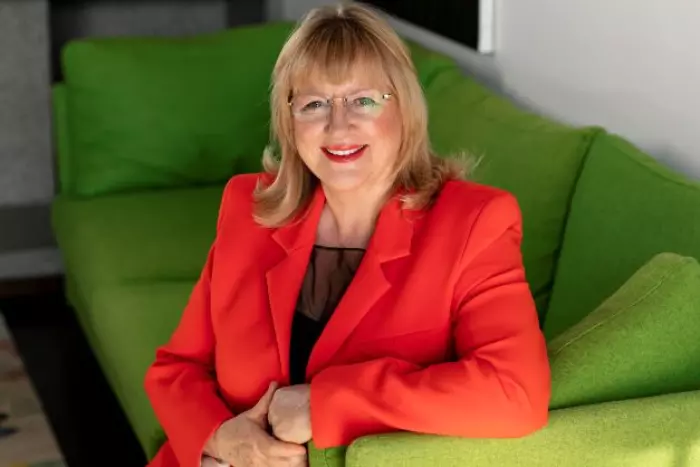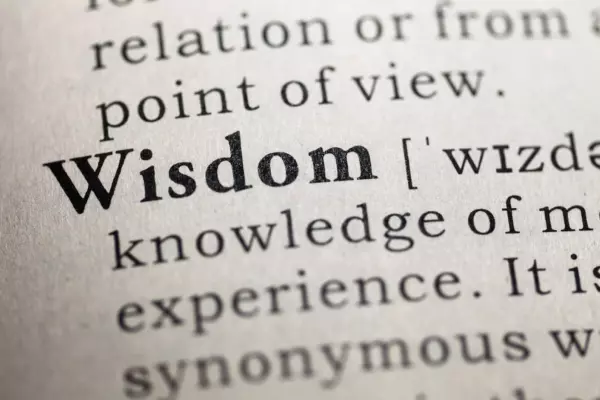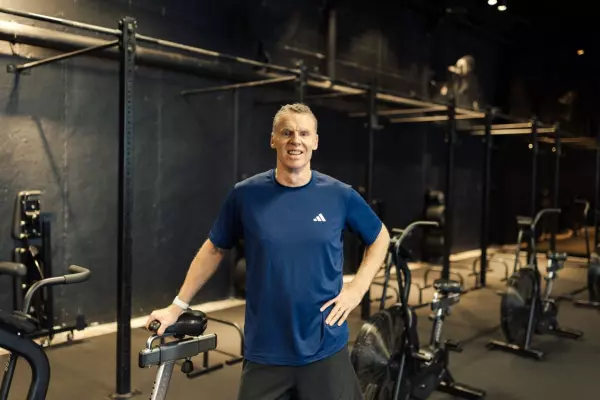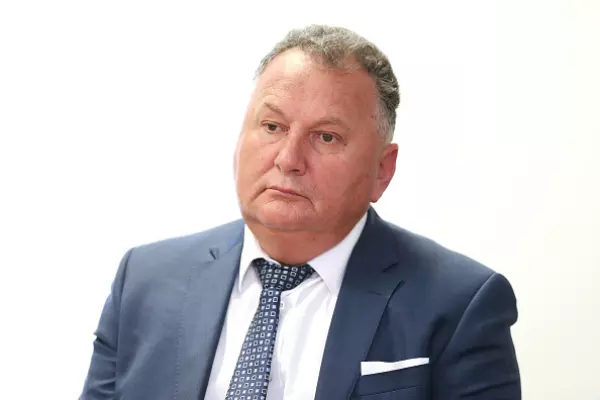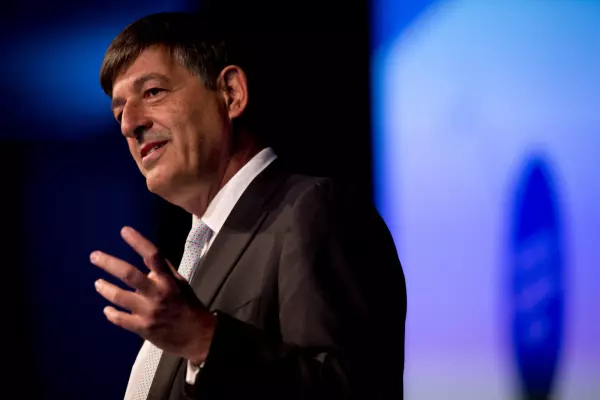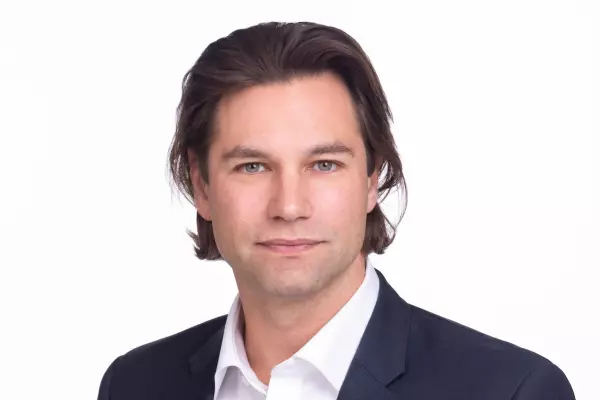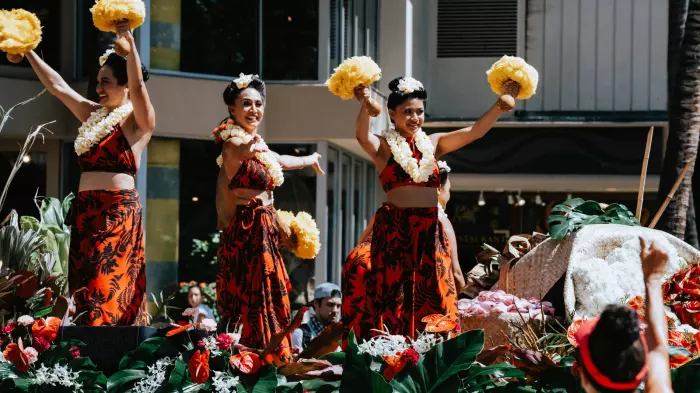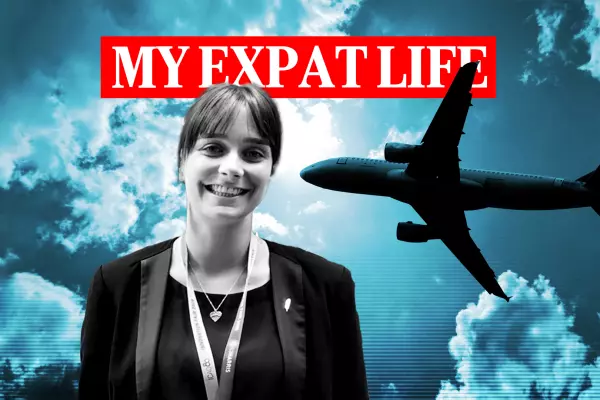Theresa Guttung is best known for her time at Telecom (now Spark), where she was the first female chief executive of a company listed on the New Zealand stock exchange (NZX). She later co-founded meal-kit company My Food Bag and helped it to grow into a nationwide company with an annual turnover of more than $130m. In 2019, she became the chair of primary healthcare provider Tend, which offers patients online and in-person consultations. She is also chair of insurance firm AIA New Zealand and of the Global Women network, is a member of the National Advisory Board on the Employment of Women and is the NZ lead of Coralus (formerly SheEO), an international community that supports, finances and celebrates female and non-binary entrepreneurs. Her other governance positions have included chair of AIA Australia, Telco Technology Services, Co.OfWomen (female business entrepreneurs) and the Wellington board of the SPCA, and she was a member of the national RSPCA board.
This month, she and her sister Angela launched the Gattung Foundation, to address inequalities for girls and women, and to improve animal welfare across Aotearoa. Gattung is a companion of the New Zealand Order of Merit, a royal honour she received in 2015 for her services to business and philanthropy.
I am the oldest of four girls. Our parents, John and Marion, brought us up knowing that women can be anything they want to be when provided with equal opportunities. To this day, I firmly believe in providing women with opportunities so they can thrive.
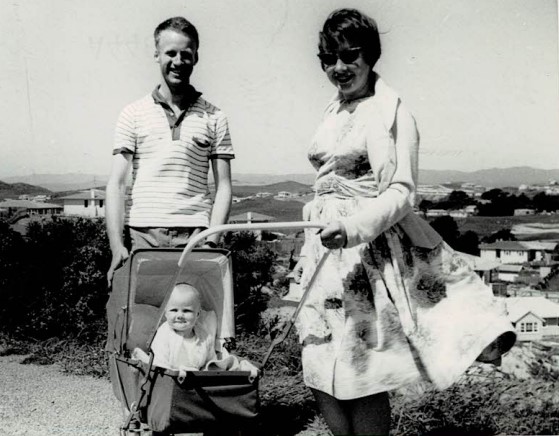 Theresa Gattung with her father, John, and mother, Marion.
Theresa Gattung with her father, John, and mother, Marion.
I loved school, and was actually a bit of a girly swot. I did extra subjects for School Certificate [Year 11], which is a bit weird. I went to a Catholic school, MacKillop College in Rotorua. It was really good at role modelling because women – nuns – ran the place. I didn't encounter any discrimination or any feeling that girls and boys couldn't achieve anything equally until I was 17.
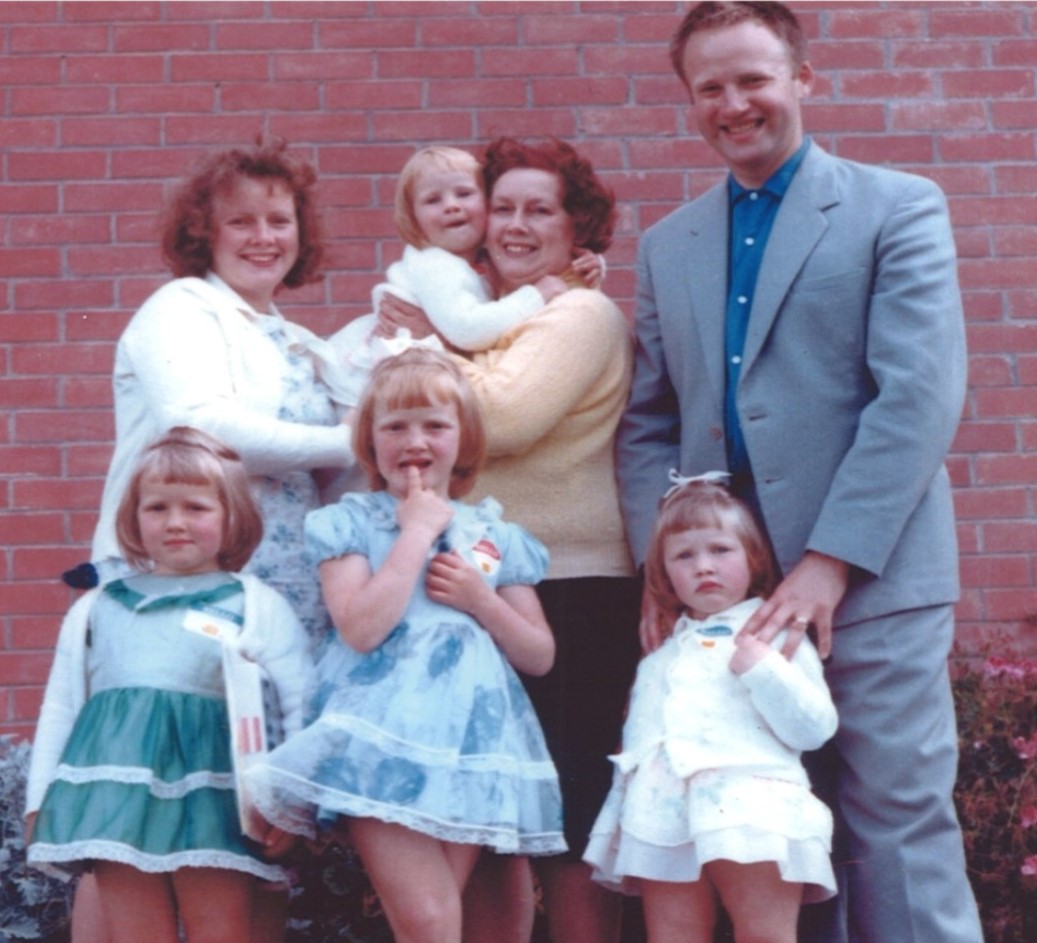 Gattung (front, centre) with her parents, sisters and maternal grandmother, Betty Clay.I really wanted to go to university. My late dad, in particular, was always saying you've got to be able to support yourself; you can't rely on the state; things change; you can't rely on a man – they could die, they could leave you. I’ve had a job from when I turned 15. I worked part-time as soon as I could. My first job was in a clothes and fabric shop.
Gattung (front, centre) with her parents, sisters and maternal grandmother, Betty Clay.I really wanted to go to university. My late dad, in particular, was always saying you've got to be able to support yourself; you can't rely on the state; things change; you can't rely on a man – they could die, they could leave you. I’ve had a job from when I turned 15. I worked part-time as soon as I could. My first job was in a clothes and fabric shop.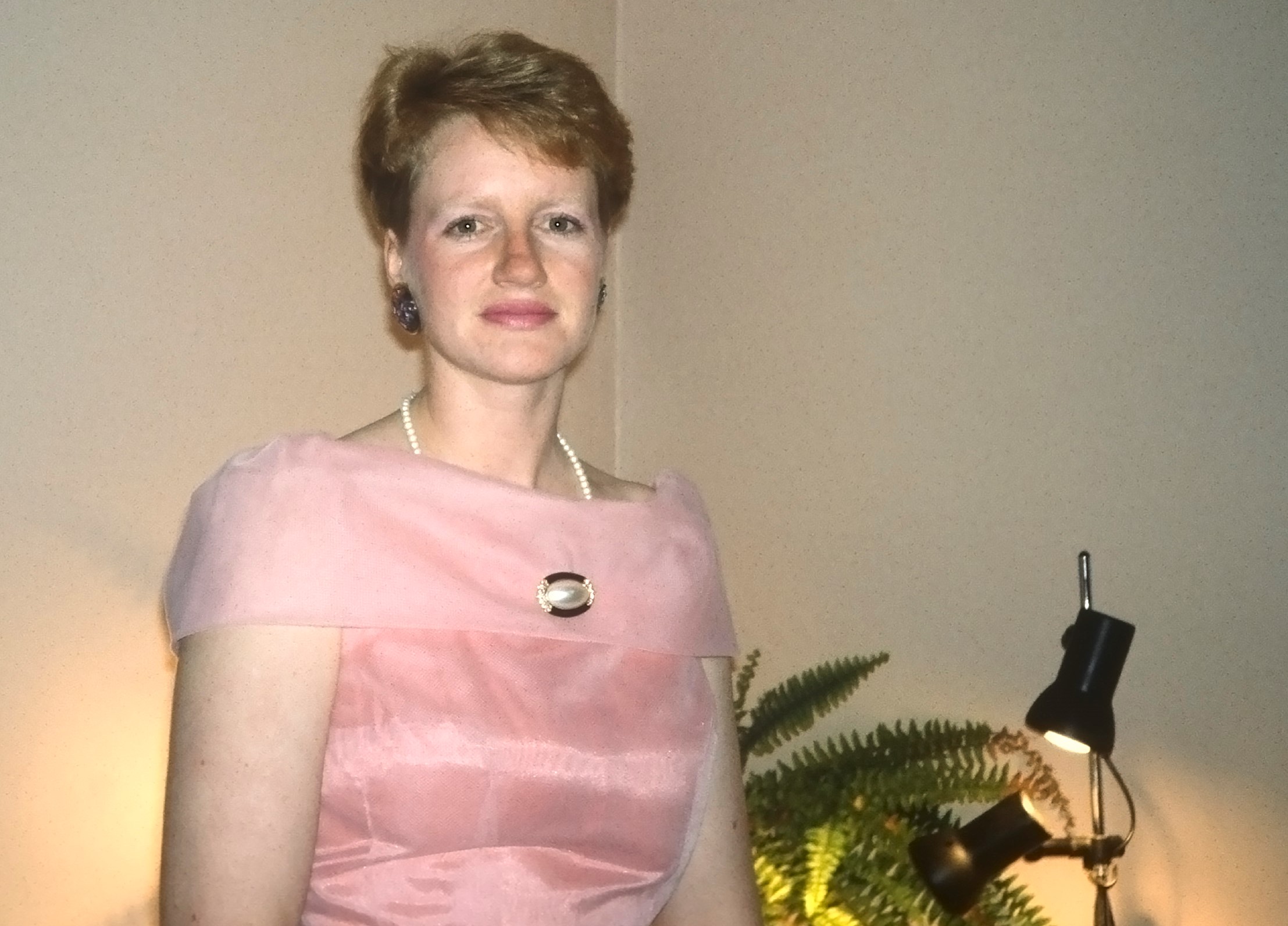 Showing style in the 1980s.
Showing style in the 1980s.I struggled with what to do at university because I had dreams of becoming a lawyer. But then I decided to go to Waikato and do a management degree in economics and marketing, which I really enjoyed. After that, I came back to Wellington [where she was born] to do a law degree, but while doing it, I realised I actually preferred business. And I thought, no, I'm not going to practise as a lawyer. I'm going to finish the degree, but I'm going to have a career in business.
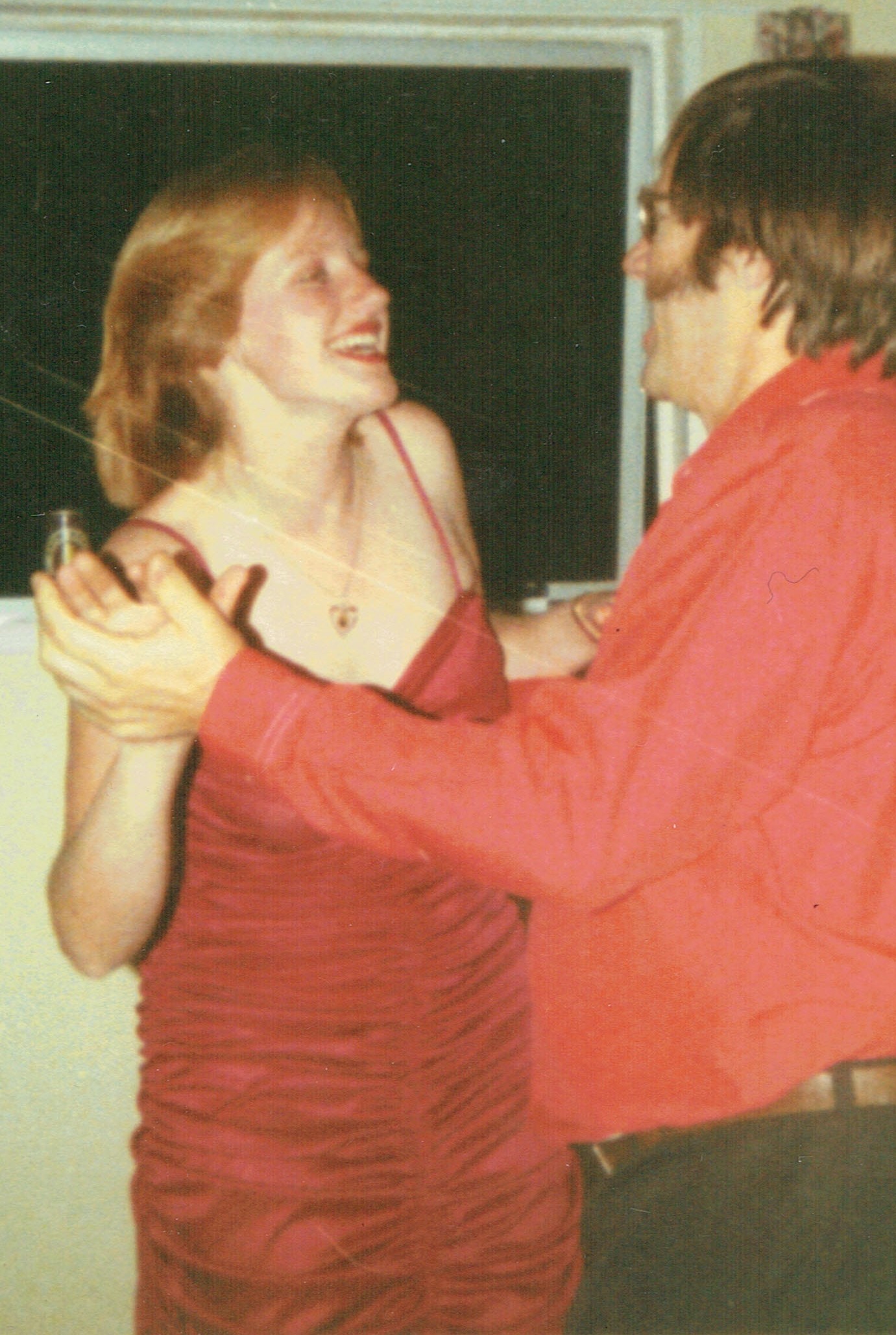 Dancing with her father at her 21st birthday party.
Dancing with her father at her 21st birthday party.My favourite part about business? The intersection of people and money. I never understand people who say they don't read the business pages, or the business section online, or they don't get it all. What could be more fascinating than the intersection of people and money?
Because my parents were entrepreneurs, we would talk about money around the table. It was completely normal in our household. So I've never been embarrassed talking about money; it's just a natural thing to me. And also, we were brought up Catholics. The idea was that you earned money and you gave back your time and money.
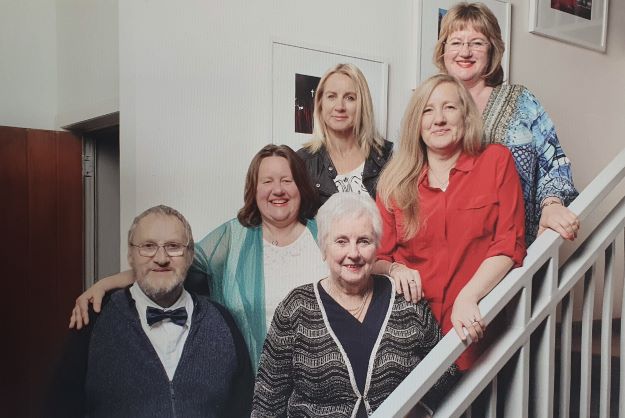 John and Marion Gattung raised their daughters (from left) Yvonne, Marion, Angela and Theresa with Catholic values.
John and Marion Gattung raised their daughters (from left) Yvonne, Marion, Angela and Theresa with Catholic values. I do really believe that women who have the good fortune to become financially independent should support other women, both in terms of their own endeavours – because I support a lot of people and entrepreneurs – but also being charitable as well.
When it comes to business, it has definitely got easier for women but it's still very hard. There are many more women chairs of significant companies. While women are still nowhere near 40%, it has gotten better. So that's one big shift.
Another big shift is the interaction between doing good and making money. You can call it business with a purpose, or sometimes it's a social enterprise where there's no actual financial dividend but there's a social dividend. In my 20s and 30s, charity was charity and business was business. That has now really shifted. It’s a very profound shift over the last couple of decades.
When it comes to describing my personality, I’m determined. If I set my mind to something, I can work away at it for years, if not decades. I can quietly – or not so quietly – really pursue goals. Although I'm quite determined, I remain flexible about the way to get there.
I really love collaborating with people I respect and admire and, ideally, love. That is just so joyful for me because I'm an extrovert and I'm actually very curious. I always have more than one thing on the go. I have friends from all different walks of life. I don't live in one place. I think curiosity is underrated and it’s a wonderful way to do life.
I’m most proud of my capacity and my ability to reinvent myself. I went from corporate worker to entrepreneur to supporting entrepreneurs and philanthropists and I've enjoyed each stage of that.
My biggest business failure would be the inability to keep a [work/life] balance. I’ve burnt out twice – once in my mid-20s and once in my mid-50s. And always you're taking too much on in a work sense and I just struggle with that. I get so enthusiastic and so involved and I really struggle to keep a good balance.
If you're going to make your career in NZ, you have to accept that you take yourself and your reputation wherever you go. You've got to treat people well on the way up because you want to be treated well on the way down. Anyone who has a long career is going to have times when you're on top of the wheel and times when you're under it. The person you were nasty to could suddenly turn up as your sister-in-law.
When doing business in New Zealand, there are times when you have to take a stand about things – but you have to try to make it work with everyone because it's a small country.
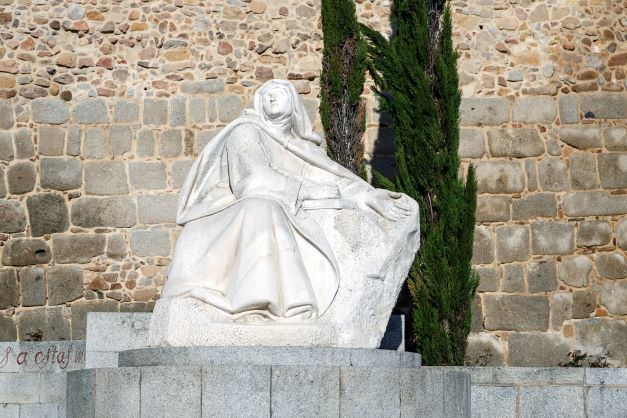 Gattung likes to quote St Teresa, after whom she is named, when giving advice. (Image: Depositphotos)
Gattung likes to quote St Teresa, after whom she is named, when giving advice. (Image: Depositphotos) In terms of an overall piece of advice, I was named after one of the great saints of the Catholic Church, Saint Teresa. One of the things she would say was, “This, too, shall pass.” It’s a really good thing to keep in mind if you're going through a down patch; remind yourself that it will pass. It’s a good thing to remember when everything's going really well for you as well – nothing lasts forever.
You should always make enough time for joy in your life. Hang out with people who love you, do things that you really adore to do and just put them in your diary first. Don't make them optional extras after your work is done because then you never get round to doing them.
In the weekends, the first thing I do is have a lie-in. The second thing is reading a hard copy of the newspaper on Saturday and the two Sunday papers, and I love it. I can spend a couple of hours reading the papers and then I go for a swim. I tend to work pretty hard during the week, so I don't work on weekends. I really try to hang out with friends and family, reciprocate, walk, read books, be at the beach.
What’s most important to me right now is good health. because a few years ago, I had a year of terrible problems that took a lot to recover from. For me, the number one is good health.
After that, it's being with people that I love, and doing meaningful things that make a difference, which is why I love chairing Global Women and I set up the chair of Women in Entrepreneurship at Auckland University. I really want to help do things, particularly in support of other women. That's where the Gattung Foundation comes in.
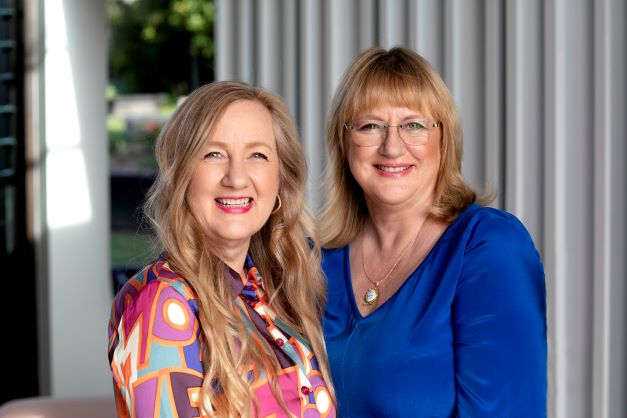 Angela and Theresa Gattung are co-founders of the charitable Gattung Foundation. (Image: NZME)
Angela and Theresa Gattung are co-founders of the charitable Gattung Foundation. (Image: NZME)I've already lived a really full life, so I hope it keeps on going. My mission really is to create a legacy foundation for generations to come and for our family to carry on with. I want to enjoy the post-pandemic ability to travel again and to stay healthy so that I can keep creating the change that I want to see in the world and using other people to do so with me and to do so alongside other people – really, just more of what I'm doing at the moment.
I've been to a lot of places around the world and I'm hoping to go back to some. There's a wonderful spa in Kamala, Thailand, and I want to go back there. I want to go back to Italy, which is probably my favourite country because they're so relaxed and the food is just so wonderful. But I've got friends all over the world, especially in Australia, the US, and the UK. At some point, I hope to reconnect with all of them.
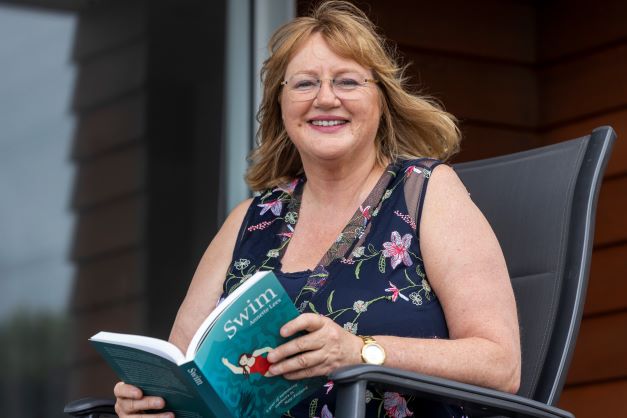 Reading is one of Gattung's passions. (Image: NZME)
Reading is one of Gattung's passions. (Image: NZME)What do I like to buy for myself? Books. I’ve always loved reading and so did my mother. When I was a child, we’d go to the library together and get two books out for the weekend. I've always got a huge lot of books beside my bed, and I read all sorts of different genres. I support the Auckland Writers Festival each year. I usually bring a woman writer over, usually a feminist writer. This year, I supported Clementine Ford.
My favourite thing about New Zealand is the sense that we're not trying to control each other. That's partly because there's space for all of us. I didn't have to register which political party I support when I moved from Wellington to Auckland. That's what you do in the US, and it just breeds terrible division. So, I like that sense of New Zealand.
The other thing I'm really proud of is we're having a really honest, authentic conversation about how do we walk together in te ao Māori and the Pākehā world? I see that through so many of the corporates that I'm working with, and many of the people I know. I go, wow. That's how we'll avoid civil war. That's how we'll actually make this nation all that it could be and potentially lead the world.
I've been learning te reo for a while. It's not just a language, it's a whole way of looking at the world and the idea of being a good ancestor. Regeneration has turned up as ESG [environmental, social, and governance issues] in the corporate world, but indigenous people were there so far before us, so embracing that and walking together is something that I think is a very genuine and special part of New Zealand.
I get asked a lot by young people what they should do. And I remember myself at that age cramming things in, and it's, like, life's a marathon, not a sprint. You don't have to do everything before you're 25 because it doesn't matter. You can go to university and study something and change course. It doesn't matter. You've got plenty of time to change.
If you're young, the sort of jobs you'll be doing when you're my age don't even exist at the moment. So just do what you're interested in because it's very difficult to tell right now what would lead to a good income. And you should just follow what you like to do and think about what you liked to do as a child.
This interview has been edited for clarity.


